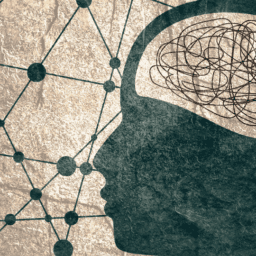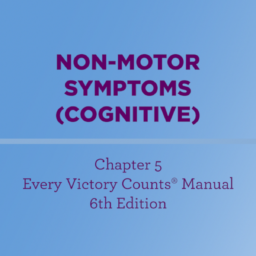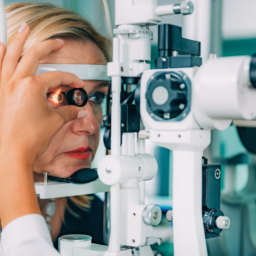Parkinson’s disease psychosis is a non-motor symptom of Parkinson’s that causes people to experience hallucinations and/or delusions. Approximately 50% of all people living with Parkinson’s will experience some form of hallucinations or delusions, and the longer one lives with Parkinson’s, the greater the likelihood they’ll experience them.
Here are some of the questions that were answered during the webinar:
- What causes Parkinson’s disease psychosis?
- What are hallucinations and delusions and are their different types?
- Do hallucinations happen while sleeping? Are they the same as vivid dreams and nightmares?
- What makes some people more likely to experience hallucinations and delusions than others?
- What can a person with Parkinson’s or a care partner do to reduce or manage them? What treatments are available (pharmacological and non-pharmacological)
- When should someone see a doctor about them?
- Is Parkinson’s psychosis the same as Lewy Body Dementia?
- Are hallucinations a side effect of medication or a sign that Parkinson’s is progressing?
- What’s a common diagnosis for early-stage hallucinations? Are hallucinations common in early Parkinson’s?
- What should I do if hallucinations or delusions are terrorizing my person with Parkinson’s?
- Does DBS help reduce or eliminate hallucinations?
- Is Capgras syndrome common in people with Parkinson’s?
There were several different medications that Dr. Goetz mentioned during the webinar. Click each one for more information.
| Generic Name | Trade Name | Notes |
| Rivastigmine, donepezil, galantamine | Exelon, Aricept, Razadyne | Only medication specifically approved for Parkinson’s-Related Dementia.
Available as a patch, which often causes less nausea, and can also be an advantage for people with swallowing problems. |
| Pimavanserin | Nuplazid | Only medication specifically approved by the FDA for Parkinson’s psychosis. Less sedating than quetiapine. May cause edema. |
| Quetiapine | Seroquel, Seroquel SR | Off-label for Parkinson’s psychosis. Can be sedating, so often dosed at bedtime. May cause sleepiness, dizziness, dry mouth, orthostatic hypotension, and weight gain. |
| Clozapine | Clozaril | Off-label for Parkinson’s psychosis. More evidence of benefit than quetiapine but used less frequently due to the requirement for weekly blood tests to check for low white blood cell counts. May have some benefit for tremor. May cause sleepiness, dizziness, drooling, tachycardia, and rarely seizures. |
Note: There were many questions we were unable to address because they were very specific to one person’s situation. When that is the case, the best person to consult is the medical experts on your own care team. Please consult your team if hallucinations are a problem for you or your person with Parkinson’s. As Dr. Goetz said, hallucinations are not funny and are not to be taken lightly. Please, as always, advocate for the care you need so you can learn to manage them.
To get access to the recording of the webinar, click here.
To listen to the audio of the webinar, click here.
To read the transcript, click here.
To watch a Q&A follow-up to the webinar, click here.
Additional Resources
- How to Bring Light to the Darker Side of Parkinson’s: A Primer on Hallucinations and Delusions and How to Manage Them
- Webinar Recording: Cognition and How It Interacts with Other Non-Motor Symptoms
- Parkinson’s Disease and Parkinson’s Disease Psychosis: A Perspective on the Challenges, Treatments, and Economic Burden
- A 12-Year Population-Based Study of Psychosis in Parkinson Disease
- Cognition and How It Interacts with Other Non-Motor Symptoms
- Psychiatric and Cognitive Complications in Parkinson’s
- Sleep and Living Well with Parkinson’s
- A Primer on Sleep and Parkinson’s
- Understanding Parkinson’s Disease-Related Hallucinations
We also mentioned the organization that Dr. Soania Mathur has co-founded called PD Avengers. You can learn more and join the initiative here.
WANT TO MAKE SURE YOU NEVER MISS A WEBINAR?
Visit our webinar calendar so you can see what’s coming up and mark your calendars.



While the generous support of our sponsors makes our educational programs possible, their donations do not influence Davis Phinney Foundation content, perspective, or speaker selection.












